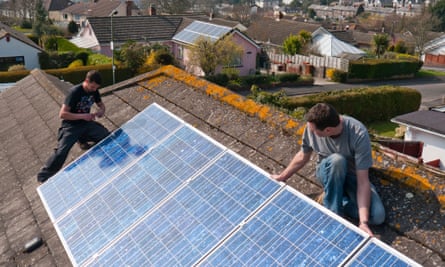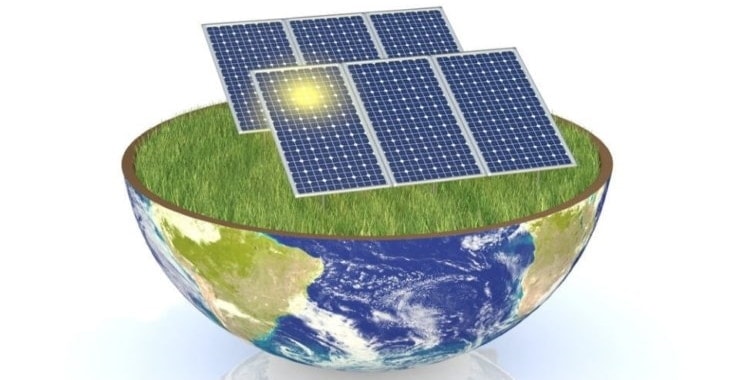For example if two solar panels both have 15 percent efficiency ratings but one has a power output rating of 250 watts and the other is rated at 300 watts it means that the 300 watt panel is about 20 percent physically larger than the 250 watt panel.
Is a one hundred percent effeciant solar panel possable.
Some solar panels in the market have efficiencies over 20 these are known as high efficiency solar panels.
Companies dedicated to pv.
It has the highest efficiencies of any polycrystalline solar panel and also comes with an excellent 20 year product warranty and 25 year power warranty.
Right now we re pretty confident the number is around 10 percent of solar panels recycled said sam vanderhoof the ceo of recycle pv solar one of the only u s.
In most cases solar panels from rec solar should cost a quite a bit less than premium solar panels that have only a few percent better efficiency.
That means you can now get solar that s cheaper and more efficient than ever.
Tesla has updated its panels to be about 10 percent more efficient and has also lowered its prices.
Factors that affect solar panel efficiency.
The highest efficiency solar panels on the market today can reach almost 23 percent efficiency.
I d like to know if it is theoretically possible to design a solar cell with a 100 efficiency.
There will also be other layers in the solar cell panel.
On the back surface a protective glass layer will be deposited along with a metal layer that conducts the electricity out of the solar cell.
The average efficiency of solar panels falls between the 17 to 19 percent efficiency range.
Typical solar panels have an efficiency rating of about 10 20 on average and some recent technology released by some manufacturers claim 40 or more efficiency.
Most solar panels sold in 2020 have efficiencies between 15 and 20 according to the national renewable energy laboratory nrel.
Solar panels have been consistently increasing in efficiency at about 5 annually since 2010.
100 efficiency solar panels may now be possible thanks to a new study done at university of cambridge.
And no they didn t pay us to say that.
The experts say no because there are specific spectral ranges for semiconductor materials some of the radiant solar energy just cannot be used.




























